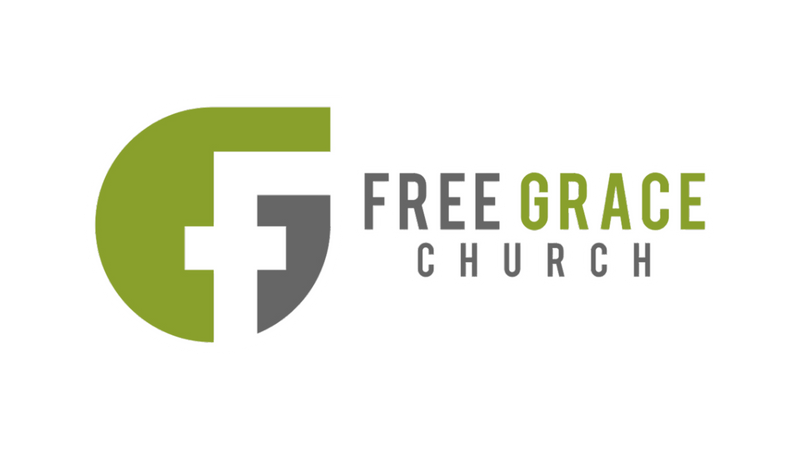Unanswered Prayer
/A great question came up on Sunday as we did an extended time of answering questions on prayer. The first message on prayer can be found here. That message was an argument for spending more time with God in prayer in the New Year. We had so many great questions on that first Sunday that we decided to take the next Sunday to answer them. You can find the second session audio here.
The question that came up is this: What do you do when you don’t believe that God is going to answer your prayer? And some of this has to do with coming to grips that God may not, and at times probably won’t answer your prayer the way you are asking. This is a tough question and one that goes to the root of our faith and view of God. It is NOT simply an academic exercise. It involves times where we are praying for legitimate things—like the life of loved ones—and he does not answer our prayers…. At least the way we asked.
The main text we looked at on Sunday was from Matthew 7:7-11 (ESV)
“7 “Ask, and it will be given to you; seek, and you will find; knock, and it will be opened to you. 8 For everyone who asks receives, and the one who seeks finds, and to the one who knocks it will be opened. 9 Or which one of you, if his son asks him for bread, will give him a stone? 10 Or if he asks for a fish, will give him a serpent? 11 If you then, who are evil, know how to give good gifts to your children, how much more will your Father who is in heaven give good things to those who ask him!”
I believe this passage provides one of the best frameworks for understanding the heart of God in prayer: that of a generous and loving parent. This perspective says that we should come to God with confidence because he is far more generous and good than the best human parent. And most parents I know LOVE to give their children good gifts. There is little that is more satisfying than seeing your children enjoy and delight in the gifts you give them. This is why Jesus can promise that everyone that asks receives, everyone that seeks finds, and everyone that knocks will have the door open to them. This promise is certainly expansive. But it is not a blank check for us to demand anything our heart desires. I found this out as a teenager when my prayers for a jet pack were not answered. Ridiculous, isn’t it. Almost as ridiculous as some of the things we pray for as adults.
Jesus’ illustration helps us to come to God with confidence, but it also explains why so often God does not immediately answer our prayers. He said it would be unthinkable for a father to give his son a snake when he asks for a fish. True. The reverse is also true. If his son asks for a snake, either knowingly or unknowingly, his father is not going to march down to Rattlesnake Depot to get junior a new pet. It would be BAD for the child.
Sometimes we ask for things that are bad for us. Or it may be that we are asking for something too soon. We are not yet ready to handle it. Last week a 2 year old at Walmart in Idaho got ahold of the gun in his mother’s purse and killed her. If we are honest, there are times when we have asked God for a loaded gun, and he graciously said NO. Or maybe he said, “not yet.” Maybe that gift comes 15 years later when you are ready for it.
But what about the times when we aren’t asking for a gun or a rattlesnake? What about the times when we are asking for something good? Like the healing of a child or spouse? What about the times when God doesn’t answer those requests? What about the fear that we have when we come to him in those situations?
This is where we must bow low and appreciate both his gracious heart and his wise plan. His ways are not our ways. And there are times when parents decide not to give their children even good things for reasons the child may not understand. But isn’t it funny how time, experience, and maturity changes our perspective? There are plenty of times I shook my fist at my parents for telling me “NO.” As a teenager those denials felt like tyranny. Now they make perfect sense. The fact that my dad said “no,” or “wait” are evidence that he was a good father and that he loved me. And I am actually better off because of what he did.
Recently my own son was going to take some Motrin for a headache. He asked me how often he could take the medicine. I have a background in healthcare. I definitely know the answer. But he was holding the bottle in his hand, and so I did not tell him the answer. I told him to read the label for himself. At that moment there was a chance for my son to overcome a streak of laziness and learn how to find important information on his own. He may have rolled his eyes at me, but I didn’t give in.
God has a great heart for us. He delights to answer our prayers. He is also a wise parent and his plan for us is sometimes far different, and far more glorious than our plan for us. What we need to believe is that our God--the one that framed the galaxies--knows more and better than we do. He has a plan that includes many joys, but also includes many difficulties. Those parts of his plan are not an accident. They are just as much a part of his gracious heart as the times of ease and plenty. Good doctors frequently put their patients through pain in order to help them heal.
He is also a wise parent and his plan for us is sometimes far different, and far more glorious than our plan for us.
And this is where we ought to remember that prayer is NOT just about changing our circumstances. Sometimes it is about changing us. Sometimes it is about seeking God for grace and strength to love and trust him through the difficult parts of his life. God’s people must learn to pray, “Nevertheless, thy will be done.” (Matt 26:42, 2 Cor. 12:7-9)
Photo used with permission Nathan Gibbs. Some rights reserved







